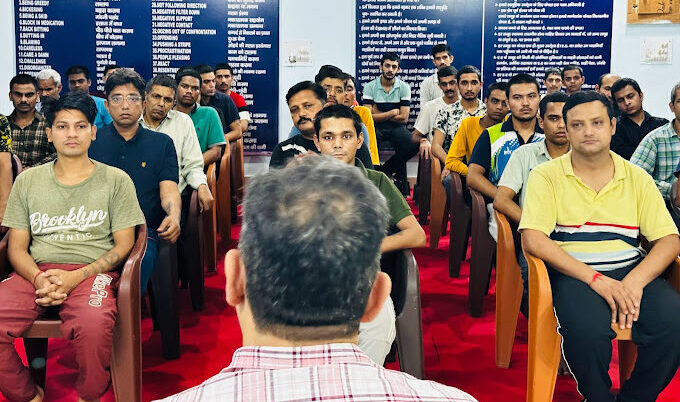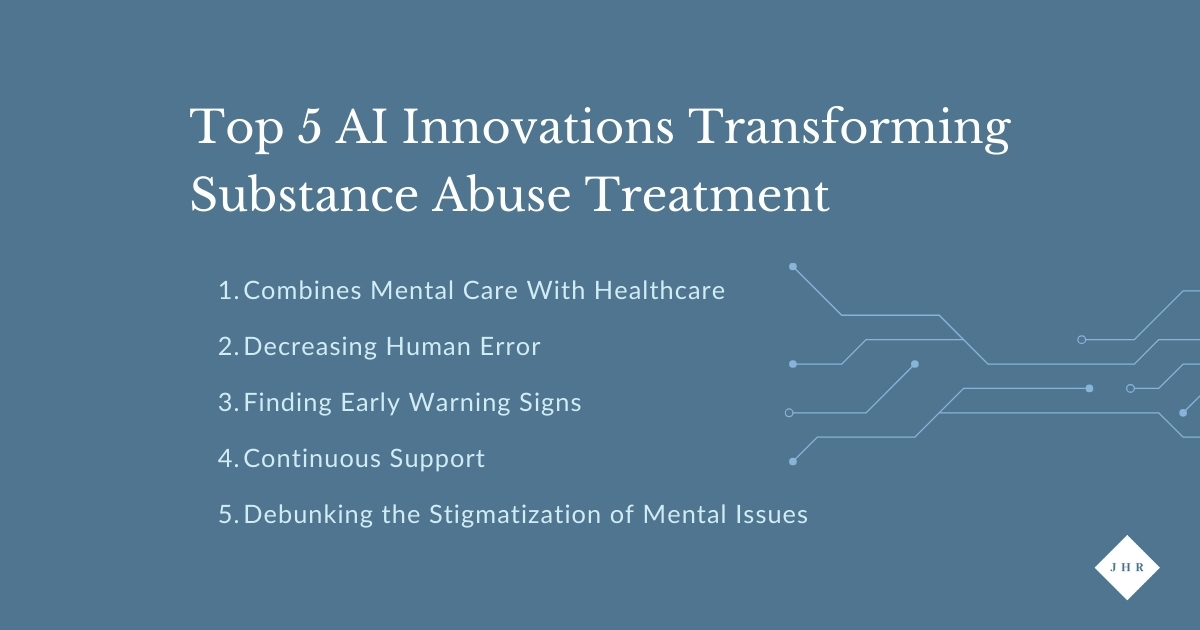Addiction is a challenge that affects not only the individual but also their family and community. Traditional treatment methods like counseling, medical support, and group therapy have helped many recover successfully. Recently, technology has become a powerful ally in addiction recovery. AI tools in group therapy for addiction recovery are now being used to enhance the process, making treatment more efficient, personalized, and supportive.
At Aarogya Sewa Samiti, we understand that recovery is a journey that requires emotional, psychological, and social support. Families play a critical role in this process. AI tools are helping therapists and families monitor progress, provide timely guidance, and make group therapy sessions more effective. This article explores how AI is transforming family support and group therapy in addiction recovery.

Understanding AI in Addiction Recovery
Artificial Intelligence (AI) refers to machines and software that can analyze data, recognize patterns, and provide insights. In addiction recovery, AI tools can track behaviors, detect warning signs of relapse, and suggest personalized treatment plans.
When integrated with group therapy in addiction recovery, AI tools help therapists monitor participants’ progress, engagement, and emotional well-being. Families can also use AI-supported platforms to stay connected, receive updates, and support their loved ones effectively.
1. Personalized Support for Each Participant
One of the biggest advantages of AI tools in group therapy for addiction recovery is personalization. Every person struggles differently with addiction. AI can analyze an individual’s history, behavior, and progress to suggest interventions tailored to their needs.
For example, if a participant in group therapy is showing signs of stress or relapse, AI tools can alert the therapist or family members. This ensures timely support, which is crucial for preventing setbacks. Personalized care makes recovery more effective and helps individuals feel understood and supported.
2. Enhancing Family Involvement
Family support is vital in addiction recovery. Many patients feel isolated or misunderstood by their families. AI tools in group therapy can bridge this gap by providing real-time updates to family members about the participant’s progress.
Families can receive guidance on how to respond to challenges, celebrate small achievements, and participate in therapy sessions virtually. This continuous connection improves trust, strengthens relationships, and motivates the participant to stay committed to recovery.
3. Improving Communication in Group Therapy
Group therapy relies heavily on communication among participants. AI tools in group therapy for addiction recovery can help identify individuals who may be struggling to express themselves or who need extra attention.
By analyzing verbal and non-verbal cues during sessions, AI can provide feedback to therapists about participant engagement, emotional state, and overall involvement. This ensures that no one is left behind, and every participant gets the support they need to progress in recovery.
4. Early Detection of Relapse Risk
Relapse is a common challenge in addiction recovery. One of the powerful benefits of AI tools in group therapy for addiction recovery is early detection of relapse risk.
AI systems can track patterns such as missed sessions, changes in mood, or withdrawal from group activities. By flagging these early signs, therapists and families can intervene before the situation worsens. Early detection increases the chances of sustained recovery and reduces the emotional and social consequences of relapse.
5. Emotional Support Through AI-Powered Platforms
Many AI tools provide virtual platforms for communication, reminders, and encouragement. Participants in group therapy can access motivational messages, mindfulness exercises, and coping strategies through apps and online platforms.
These tools complement the emotional support provided by therapists and family members. When combined with traditional group therapy, AI tools in group therapy for addiction create a safe and supportive environment where participants feel guided at all times.
6. Monitoring Progress and Providing Feedback
Tracking progress is essential in recovery. AI tools in group therapy for addiction recovery can generate detailed reports about attendance, participation, mood, and behavioral changes.
Therapists can use these insights to adjust therapy techniques, focus on specific issues, and encourage participants. Families also benefit by understanding how their loved one is progressing and how they can contribute positively to the recovery process.
7. Enhancing Peer Support
Group therapy is effective because participants learn from each other and build a network of support. AI tools can enhance peer interactions by suggesting discussion topics, pairing participants for peer support, and encouraging collaborative exercises.
By strengthening these connections, AI tools in group therapy for addiction recovery help participants feel less alone and more motivated to achieve sobriety. Peer support combined with AI insights creates a holistic recovery environment.
8. Supporting Long-Term Recovery
Addiction recovery is a long-term process that extends beyond therapy sessions. AI tools in group therapy for addiction provide continuous support, even after formal treatment ends. Participants can track their progress, set goals, and access resources anytime.
For families, this means staying informed and engaged throughout the recovery journey. Continuous monitoring and feedback from AI ensure that relapse risks are minimized and that long-term recovery is achievable.
9. Reducing Stigma and Encouraging Participation
Many individuals avoid seeking help because of the stigma around addiction. AI tools in group therapy for addiction recovery provide anonymity and privacy while allowing participants to connect with therapists and peers.
This creates a safe space where people feel comfortable sharing their experiences without fear of judgment. Encouraging participation is essential for the success of group therapy and the overall recovery process.

10. Future of Addiction Recovery with AI
The integration of AI in addiction recovery is still growing. In the coming years, we can expect more advanced tools that can predict relapse, personalize therapy in real-time, and enhance family involvement further.
By combining AI with traditional group therapy techniques, rehabilitation centers can offer more effective, efficient, and compassionate care. AI tools in group therapy for addiction recovery are not just a trend—they are the future of holistic addiction treatment.
Role of Aarogya Sewa Samiti in Promoting AI-Supported Recovery
At Aarogya Sewa Samiti, we focus on combining traditional therapy methods with innovative technology. Our programs integrate AI tools in group therapy for addiction recovery to provide personalized care, strengthen family support, and reduce relapse risks.
Through awareness campaigns, workshops, and therapy sessions, we encourage participants and families to embrace these new tools. Our goal is to create a supportive environment where everyone has the resources and guidance needed to overcome addiction.
Conclusion
AI technology is transforming addiction recovery. AI tools in group therapy for addiction recovery provide personalized support, strengthen family involvement, enhance communication, and reduce the risk of relapse. When combined with traditional group therapy methods, these tools create a comprehensive system that supports emotional, social, and psychological healing.
At Aarogya Sewa Samiti, we are committed to helping individuals and families navigate the recovery journey with compassion and innovation. For those seeking professional care, the best nasha mukti kendra in Dehradun provides expert guidance, AI-supported therapy, and holistic support to achieve long-term sobriety.
With AI, family support, and group therapy working together, addiction recovery becomes a journey of hope, healing, and a brighter future.